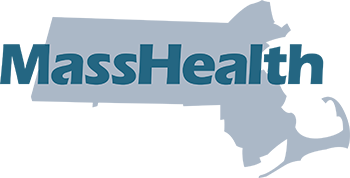Making Payments
How do I make a payment and what resources are available? As a Health Connector member, you must pay your bill, in full, each month to stay enrolled in coverage. For members with a monthly premium You will get your monthly bill in the mail by the 10th of every month. If you are enrolled in both, health and dental coverage, you will receive a separate bill for each and must make two separate payments. Health Connector must receive your payment by the 23rd of the month. The payment is for the next month of coverage. There are 4 ways to make payments: Online through the new member portal By mail through a check or money order By phone by calling Health Connector customer service In-person at a walk-in center Log into your account to access the Payment Center from the "My Enrollments" page of your account. You can make a one-time payment, or set up AutoPay (automatic recurring payments). Or, you can make a Guest Payment. Find out more on the How to Pay page → Only payments by checking or saving account are accepted at this time. You can pay by mail using a check or money order (do not mail cash). Fill out a check or a money order making it payable to: Health Connector Include the detachable payment coupon (bottom part of your bill) with the payment. Important: Clearly write your 9-digit billing account number beginning with 7 in the memo field of [...]






